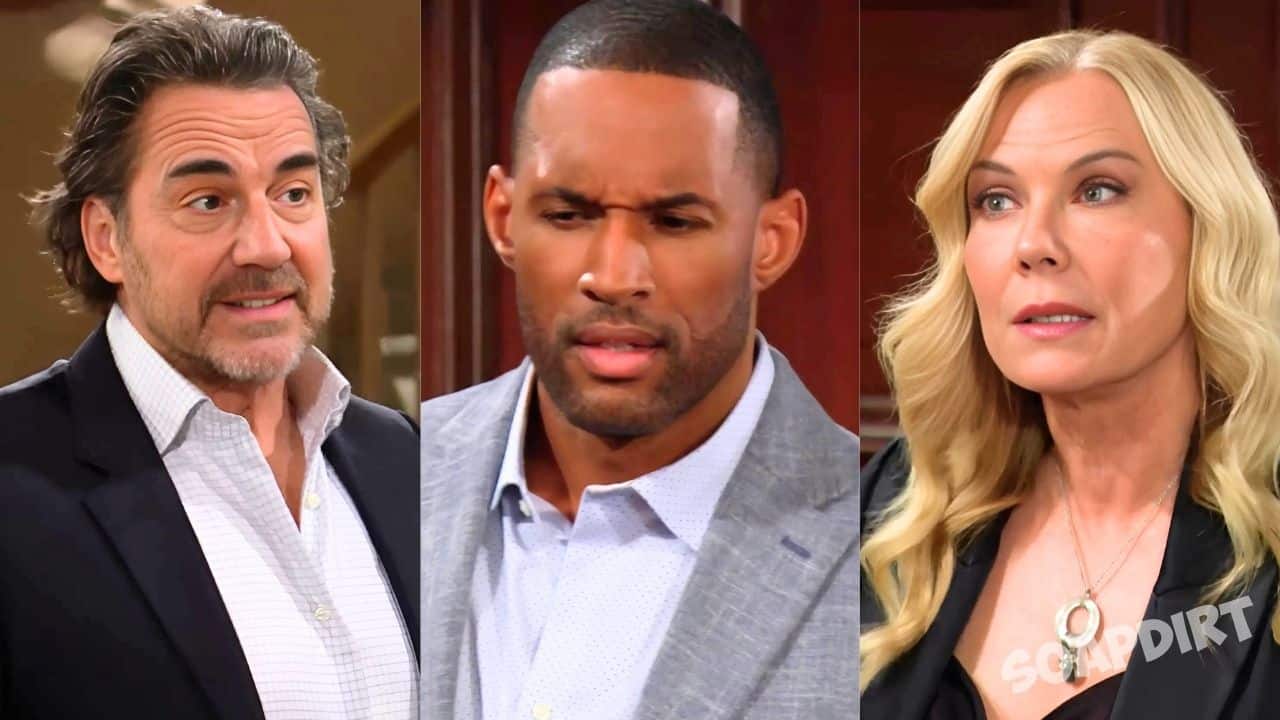John Prescott, who has died aged 86, was UK deputy prime minister to Tony Blair throughout his 10-year premiership and played a crucial role in the Labour party’s modernisation.
One of the party’s most authentically charismatic figures, Prescott was essential to the New Labour project.
Through his links with its traditional support in the trade unions, he was also trusted by precisely those elements who might be suspicious of Blair, a London barrister with no obvious working-class roots or socialist beliefs.
Becoming deputy leader in 1994, Prescott sold New Labour to party traditionalists and his campaigning played a sizeable part in Labour’s landslide victory in 1997, and its re-election in 2001 and 2005.
He acted as mediator when Blair was barely on speaking terms with his chancellor, Gordon Brown, who had long-standing ambitions for the leadership.
Blair stood by him, refusing to sack him after he exchanged punches with a demonstrator in North Wales during the 2001 election campaign.
The incident, repeated by broadcasters in an era before viral internet clips, became the enduring image of Prescott in the public mind. After a burly farmer threw an egg at him during a walkabout, the deputy prime minister turned and planted a left-hand jab on the man’s face before the pair entered an undignified scuffle.
Afterwards Blair laughed it off, saying “John is John”.
Interviewed in 2010, Prescott was asked what his legacy would be. “Well, they’ll start with the punch, I imagine,” he said. “If someone was writing ‘John Prescott died today’ they would be some of the things. I hope they will say he had his own view; he was a character in politics.”
A man of great energy and passions who as a merchant seaman had been twice charged with mutiny, Prescott combined a shrewd political brain with a short temper and a rumbustious campaigning style.
MP for Hull East from 1970 until 2010, he was dubbed “the Mouth of the Humber” and was often mocked for his convoluted syntax — which came as a result of his dyslexia. At the close of his greatest speech, on party reform at Labour’s 1993 conference, Matthew Parris of the Times wrote that he “went 15 rounds with the English language and left it slumped, bleeding, over the ropes”.
But Prescott was also known for some pithy one-liners, such as his description of the Conservative leadership challenger Michael Heseltine as “the Kama Sutra of politics. He’s tried every position except Number 10.”
During Labour’s first summer in government in 1997, he attended an Environment Agency photocall by the Thames involving a crab. In a jibe at his Blairite colleague Peter Mandelson’s efforts to win a seat on Labour’s national executive, he told reporters the creature’s name was Peter and asked it whether it would win the election.


John Leslie Prescott was born in North Wales on May 31, 1938, the son of a railwayman and Labour activist. He left school at 15 and became a “Hollywood Waiter” on ocean liners; he got on particularly well with Sir Anthony Eden on the voyage he took after resigning as prime minister in 1957. Prescott relished meeting those he had served drinks to as equals in later life.
While at sea he was often an agitator; the crew of the Mauretania threatened to walk out when the captain tried to sack him. He was a key activist in the 1966 seamen’s strike, which Harold Wilson blamed for “blowing the economy off course”. Union leaders forced him ashore and in 1970 he became an MP.
Though on the left, he kept out of Labour’s civil strife of the early 1980s, so was well placed to work with party leaders Neil Kinnock, John Smith and Blair to restore its fortunes.
Surprisingly for a big man with immense political experience, Prescott had a deep streak of insecurity. He struggled at school, and was mortified when an early girlfriend returned a letter with the spelling corrected. He gained a formal education only years later, at the trade unions’ Oxford college and Hull university, with a degree in economics. In his autobiography in 2008, he revealed he had struggled with bulimia for two decades.
He spent 27 years as an MP before reaching the cabinet. During that time he led Labour’s delegation to the European parliament, had four spells as transport spokesman and challenged twice for the deputy leadership.

Prescott’s pivotal role in Labour’s return to power was guaranteed only after his passionate 1993 conference speech overcame trade union resistance to internal reforms demanded by Smith, the party’s then leader. When Smith died soon after, Prescott was the natural choice as Blair’s deputy. When he and Blair formed a leadership “dream ticket”, they were nicknamed “Bambi and Thumper”.
Throughout his deputy premiership he exercised considerable power through the giant Department of the Environment, Transport and the Regions (DETR), set up for Prescott after Labour’s 1997 election landslide.
There were high hopes for his “integrated transport policy” with the car restrained and public transport expanded. But Blair’s aides undermined it for fear of alienating motorists, and a series of crashes on the privatised railway ended his hopes of expanding the network. He did, however, ensure the completion of London’s high-speed link with the Channel Tunnel — now known as High Speed One — after its promoters ran out of funds.
In London, he pushed through plans for an elected mayor and promised elected assemblies for the English regions to match the devolved parliaments that Blair’s government delivered to Scotland, Wales and Northern Ireland. But he could not carry the voters, suffering an embarrassing referendum defeat in north-east England where support was supposedly greatest.
By the 2001 election, DETR had proved too unwieldy and Prescott moved to the Cabinet Office, retaining responsibility for regional devolution and ending a disruptive firemen’s strike on the government’s terms. In 2003 he reclaimed transport and local government.

He backed the UK’s decision to invade Iraq alongside the US, but in 2016 — after publication of the highly critical Chilcot report into the war’s conduct — he concluded that Britain had broken international law. He criticised Blair, to whom he had been staunchly loyal his entire political career, for stopping his ministers from discussing whether the war was legal.
He remained Labour’s kingmaker until an affair with his diary secretary hit the headlines in 2006, just before a disastrous round of local elections. Losing his department, though not his deputy prime minister title, in the ensuing reshuffle meant he was a lame duck for his final year.
He also became embroiled in controversy for visiting the lavish Colorado ranch of American billionaire Philip Anschutz, who was bidding to build a super-casino in the UK.
Prescott himself was proudest of his part in framing the 1997 Kyoto Convention on global warming. He worked hard to take it further, and was livid when a deal he brokered was torpedoed by the French.

Following his Commons resignation in 2010, Prescott took a seat in the House of Lords and campaigned on climate change, human rights and against phone-hacking by journalists. He also served as the lead UK representative on the parliamentary assembly of the Council of Europe, the body that oversees implementation of the European Convention on Human Rights. After suffering a stroke in 2019 he spoke only once in the chamber before leaving it in July 2024.
Prescott had many interests outside politics. He was an accomplished diver, a jazz enthusiast and loved vintage cars, earning the nickname “Two Jags”. His insistence on being driven 200 yards from the hotel to one party conference “to save the wife’s hair-do” jarred with his anti-motorist environmentalism.
Prescott married Pauline Tilston, a former hairdresser, in 1961; they had two sons. She remained a constant support to him.
A message from his family said Prescott, who had been living with Alzheimer’s, died “surrounded by the love of his family and the jazz music of Marian Montgomery”.













